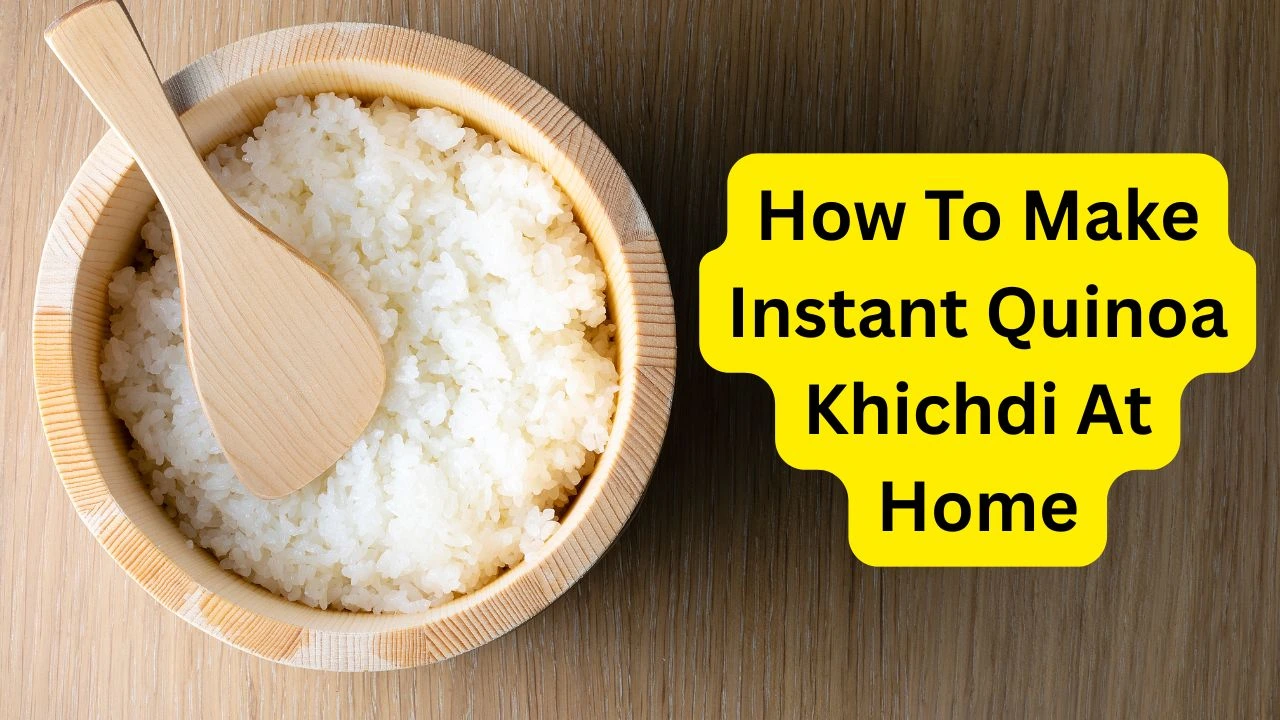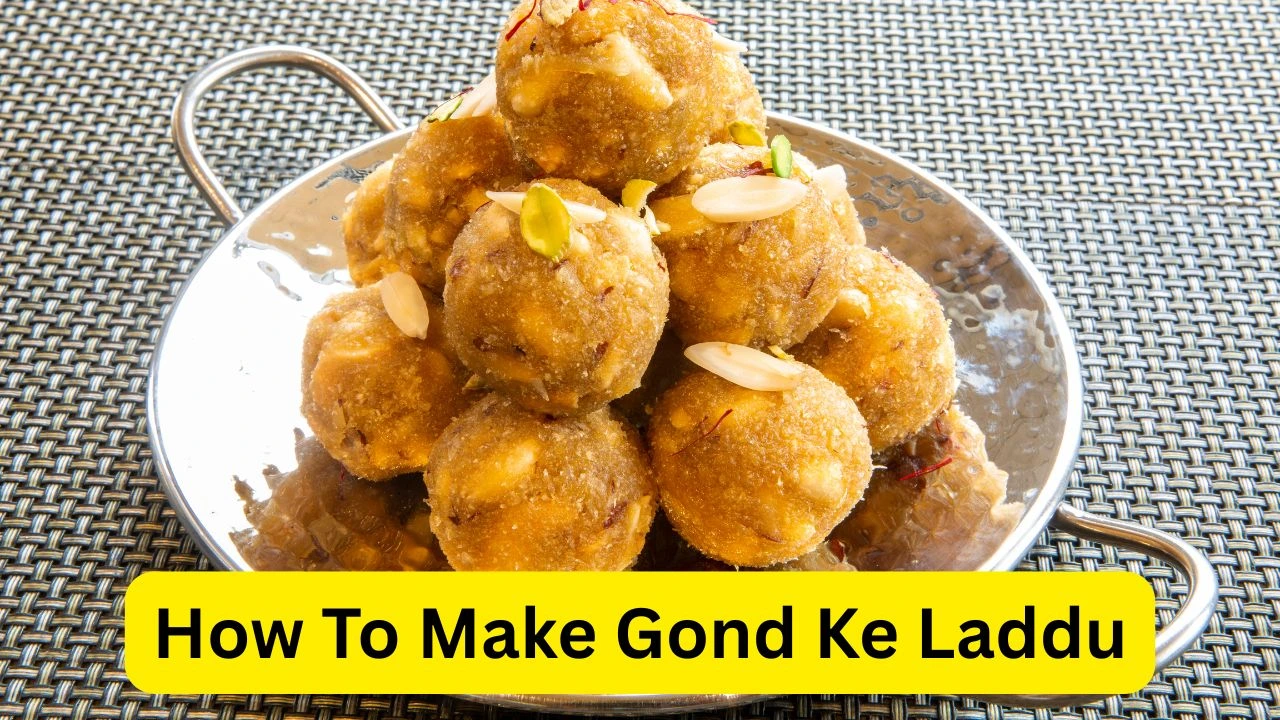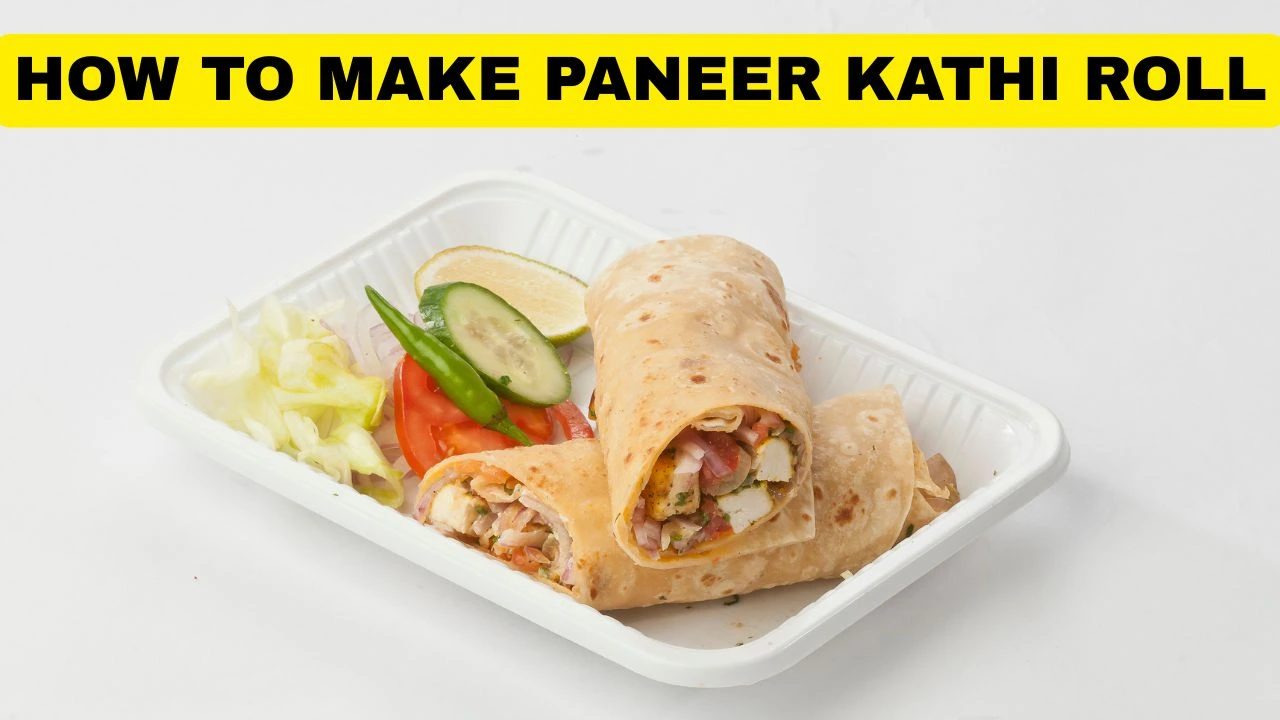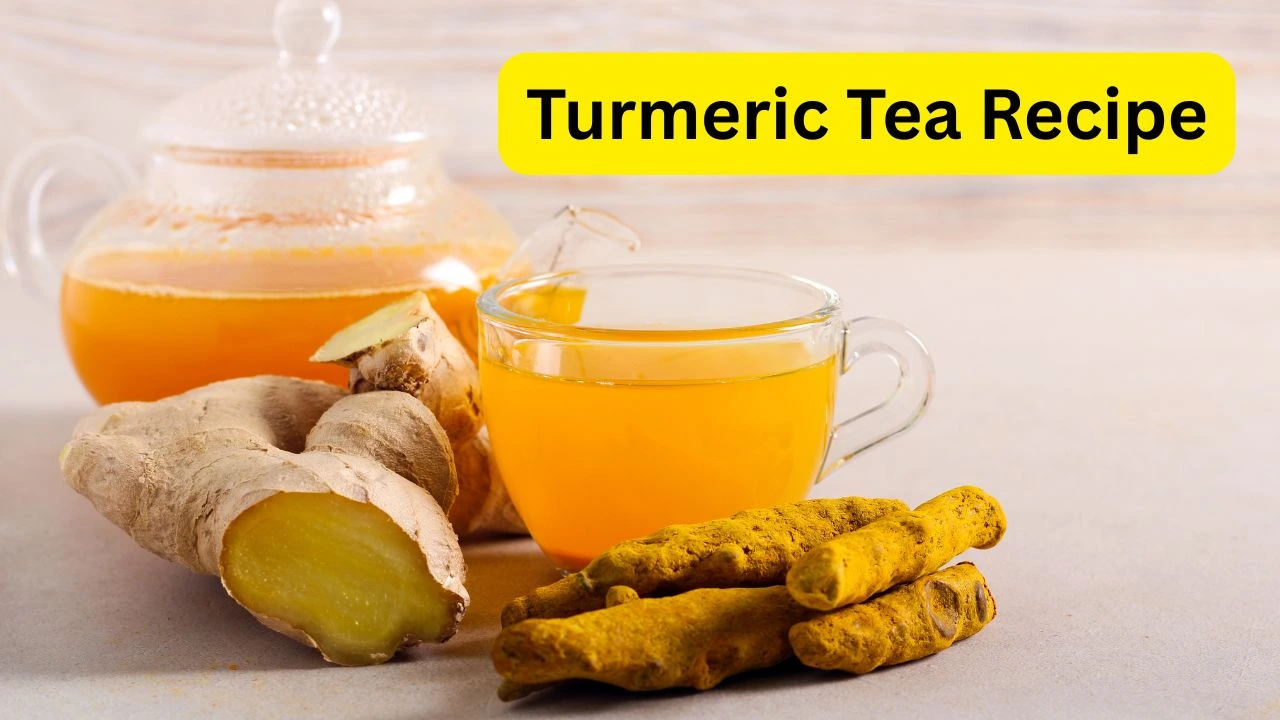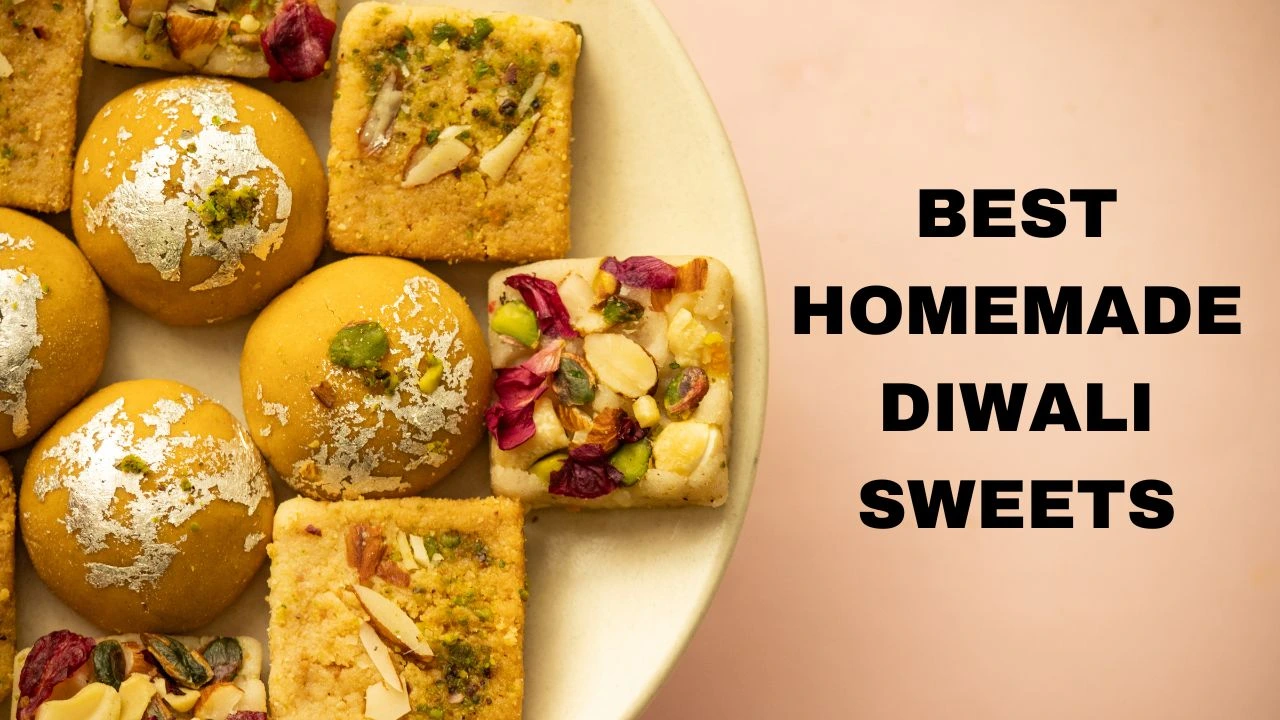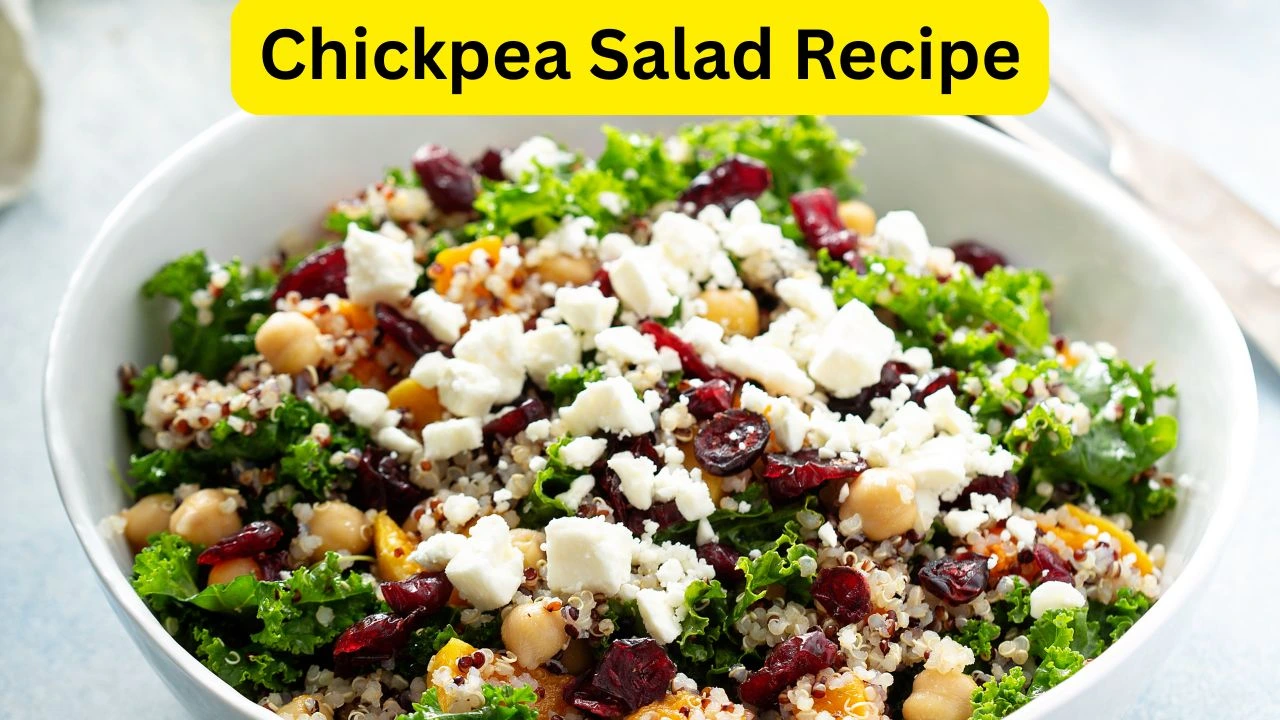This is an easy, coconut masala-based mixed veggie meal with a creamy flavour. In contrast to conventional curries produced with a sauce based on tomatoes and onions, it is acknowledged for having a mildly spicy flavour and smooth texture. Veg Kurma Without Coconut recipe is devoted to the South Indian type of kurma, though there are many different ways to make kormas. The recipe for vegetable korma includes a detailed photo and video guide. In most subcontinental countries, including India, the term “kurma” or “korma” is used generically. Every demographic and geographic area has a unique variant in the kurma recipe. It is usually eaten with roti, chapati, or parotta and is a mixed vegetable kurma cooked with crushed coconut masala in South India.
Veg Kurma Without Coconut
A distinctive coconut-based stew from South India, veggie kurma is a simple and tasty dish prepared with a range of spices and vegetables. Most people call it mixed veggie korma. Usually, vegetarian korma is given as an accompaniment to flatbread, roti, or poori. It can be served with rice-based dishes, dosa, and idlis, among other South Indian breakfast cuisines. Additionally, it can make a fantastic accompaniment to many kinds of flavour-infused rice. Many Indian states and areas have different varieties of Mixed Veg Kurma recipes. It is made with a red texture in North India, devoid of coconut and simple spices. But in South India, coconut is the primary component used in its preparation. Coconut can be used in a variety of ways, such as fresh coconut milk or fresh coconut grating. Both contribute to a flavorful and smooth curry that goes well with a variety of side dishes.
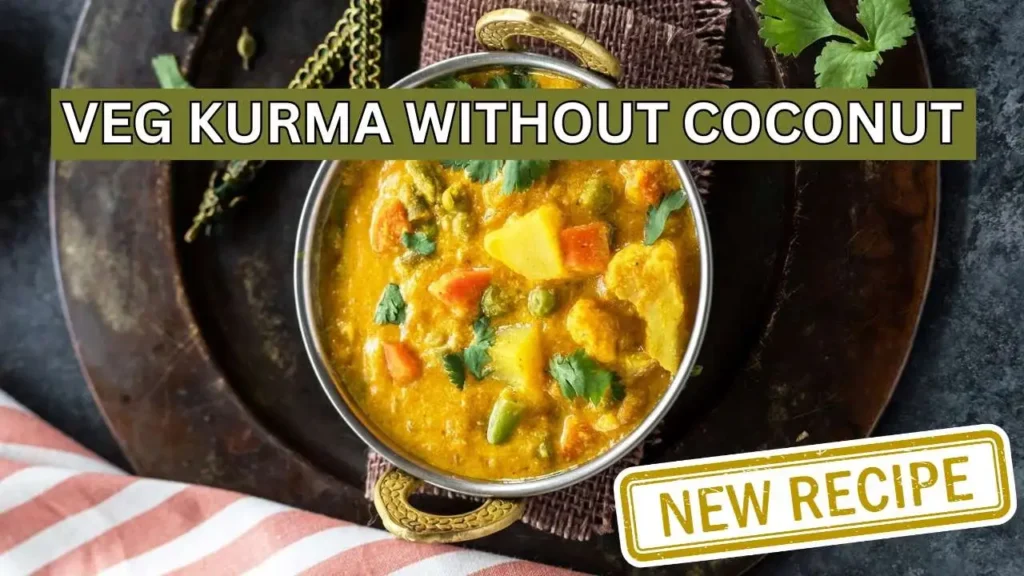
How To Prepare Veg Kurma Without Coconut?
Veg Kurma without coconut is a flavorful and aromatic dish made with mixed vegetables, nuts, and a blend of spices:
Ingredients:
- One cup mixed vegetables (carrots, beans, peas, cauliflower, potatoes)
- 1/2 cup cashews or almonds
- 2 tablespoons oil or ghee
- One teaspoon of cumin seeds
- One teaspoon of coriander powder
- One teaspoon of garam masala powder
- Half a teaspoon of turmeric powder
- 1/2 teaspoon red chilli powder (optional)
- Salt, to taste
- 2 tablespoons yoghurt (optional)
- Fresh cilantro, for garnish
Instructions:
- Almonds or cashews should be soaked in water for half an hour before being blended into a homogeneous paste.
- In a skillet with hot oil or ghee, sauté cumin seeds.
- Include all of the vegetables and simmer until they begin to soften.
- Include the powdered coriander, turmeric, garam masala, and red chilli (if using). Mix thoroughly.
- Add the blended nut paste and yoghurt (if using).
- Simmer until the gravy thickens and the vegetables are soft.
- Add salt according to taste.
- Serve with roti, naan, or rice and garnish with fresh cilantro.
Expert Tips To Prepare Veg Kurma
1. Pick Fresh veggies: To guarantee the greatest flavour and texture, pick a range of seasonal and fresh veggies.
2. Balance Spices: Modify the quantity of spices to suit your tastes. Reduce at first, then increase as necessary.
3. Roast Spices: You may improve the flavor and aroma of whole spices by roasting them before grinding them.
4. Add Nut Paste: A nut paste, such as cashew or almond, gives the kurma a rich, creamy texture.
5. Cooking Vegetables Vegetables should be cooked until they are crisp but not soft. Don’t overcook.
6. Create Layered Flavours: To create layers of flavour, use spices and other ingredients.
7. Modify Consistency: Control the quantity of yoghurt or water to get the consistency you want.
8. Use Fresh Herbs as a Garnish: Fresh mint or cilantro gives a pop of colour and freshness.
9. Try Different Spice Blends: To make your special kurma, try different spice blends or add unusual spices.
FAQS On Veg Kurma Without Coconut
- What is Veg Kurma?
- Veg Kurma is a flavorful and aromatic Indian dish made with mixed vegetables, nuts, and a blend of spices.
- Can I make Veg Kurma without coconut?
- Yes, you can make Veg Kurma without coconut by using alternative ingredients like nuts (cashews or almonds) or yoghurt to add creaminess.
- What vegetables are commonly used in Veg Kurma?
- Bell peppers, potatoes, cauliflower, beans, peas, and carrots are common veggies in Veg Kurma.

